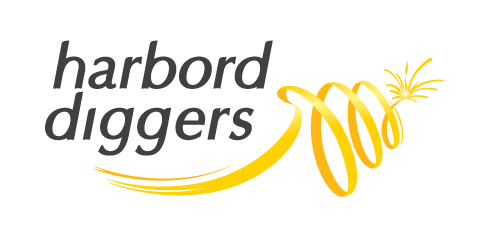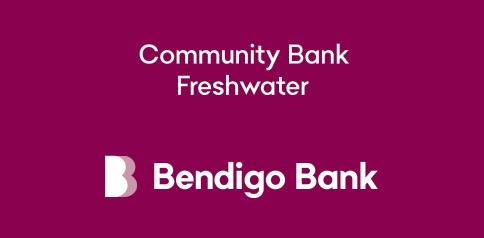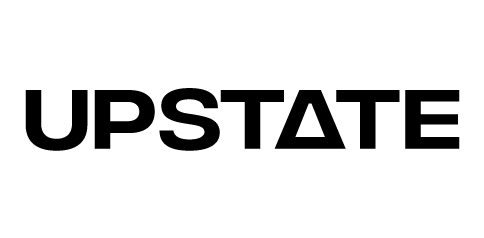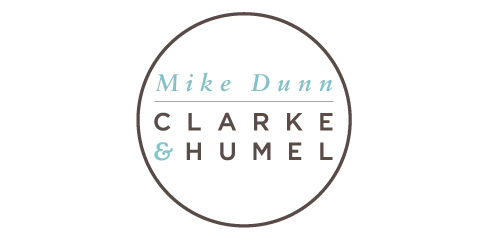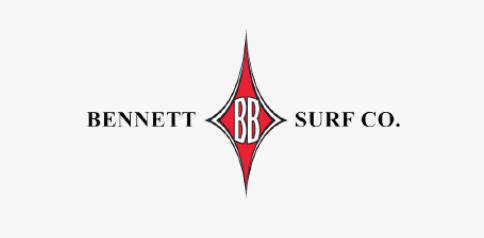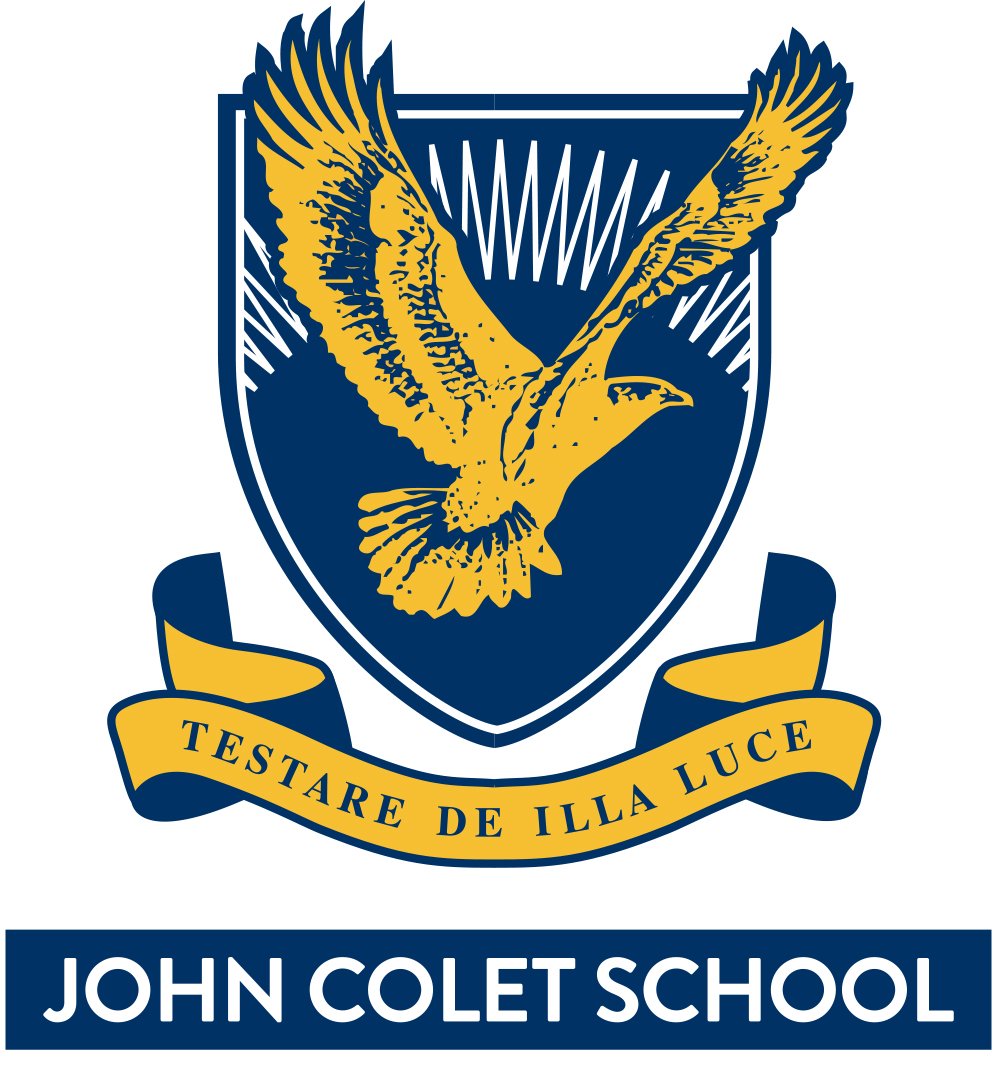Surf Sports: Lifesaving Competition

Latest News : April 2025 Newsletter Read more
Lifesaving at Freshwater SLSC
Lifesaving Competition consists of three separate events encompassing practical and theoretical skills. Points are awarded or deducted across the three events and the highest overall score wins.
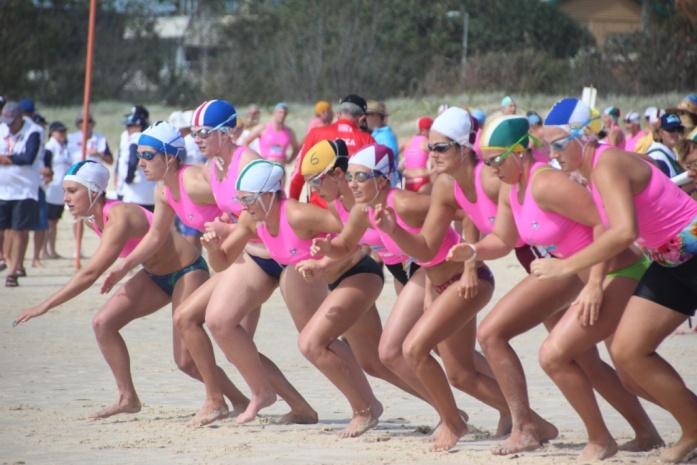
The events
Lifesaving Competition consists of three separate events. They are –
- Champion Lifesaver
- First Aid Competition
- Patrol Competition
Champion Lifesaver
The Champion Lifesaver event is an individual competition which combines physical, theoretical and practical elements. It is conducted in U15 – Open (male and female) and Under 40 and Over 40 (male and female) Masters’ Divisions.
The physical element involves a beach sprint, board race, surf race and tube race with flippers. All events are held over the standard distance applicable for each race. Points are awarded out of 10, depending on where you finish. First place receives 10 points, 2nd place 9, 3rd 8 points and so on down to 1 point.
The practical element involves two separate components – performing a simulated assessment and resuscitation on a live patient and resuscitation on a manikin. Points are deducted for errors made with 20 points awarded for each component if no errors occur.
The theoretical element involves undertaking an exam paper consisting of 40 multiple choice questions. The questions are based on the current training manual. Each correct answer scores a point.
The ultimate winner is the person who scores the highest combined points after completing all three elements. A perfect score is 120.
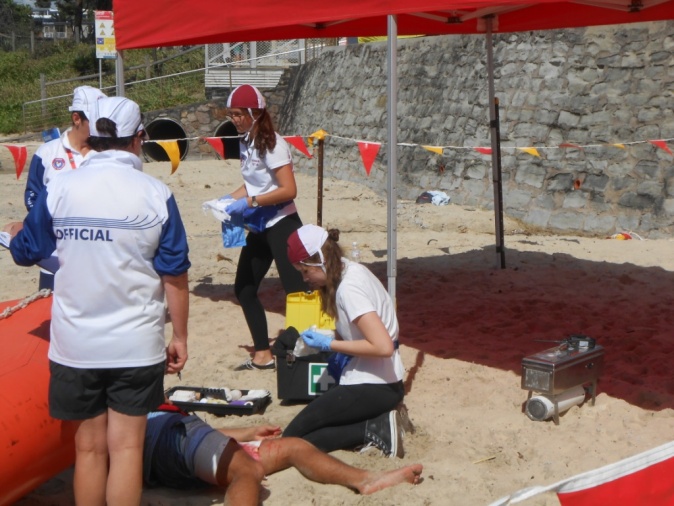
First Aid Competition
This competition involves 2 team members having to respond to a simulated accident scenario within a set period of time which varies depending on the age group. U15 & U17 events are staged over 8 minutes while U19 and Open are over 12 minutes. The delivery of first aid is assessed against the SLSA First Aid standards.
The scenarios incorporate props and volunteers who play the part of accident victims. Teams are required to examine the victims, provide a diagnosis and then provide treatment using materials from their first aid kits.
Teams are assessed against a set criteria and awarded points depending on how they perform against the criteria. The highest score wins the event.
Patrol Competition
This is a team event consisting of 4 members in the U17 division and 6 in the Open. It has four separate sections incorporating physical skills, theory, resuscitation (each worth 20 points) and a scenario (40 points). To compete in the event you must be a proficient Bronze Medallion and ARTC holder. There must also be at least one proficient IRB driver and crew member. Team members draw for positions prior to the start of competition. Positions can be both water based (e.g. tube rescuer or board rescuer) or land based (eg. CPR operator, ECC operator).
The following events make up the competition –
- Surf teams race – all members of the team participate in this event with points allocated depending on where your team finishes
- Board/Tube Rescue Relay race – team members who have drawn the water based positions compete in race with patient, tube swimmer (with fins) and board paddler racing to a set of cans individually. The board paddler and patient then finally race back to the shore together on the board. Again points are allocated depending on where the team finishes.
- A 20 question theory paper which all members of the team complete
- A practical resuscitation on a live patient and then a manikin by those members who have drawn the land based positions. The resuscitation includes demonstrating use of both oxygen and defibrillator and teams are judged on team work and errors made against a set criteria.
- A scenario involving all team members attending to simulated patrol first aid and other situations. Teams are judged on team work and errors made against a set criteria.
History of Lifesaving Competition
The three events that make up Lifesaving competition are relatively new to surf sports, having first commenced in the 1981 (First Aid), 1986 (Patrol) and 1997 (Champion Lifesaver). Since that time they have grown in popularity and many clubs now enter competitors in all three events.
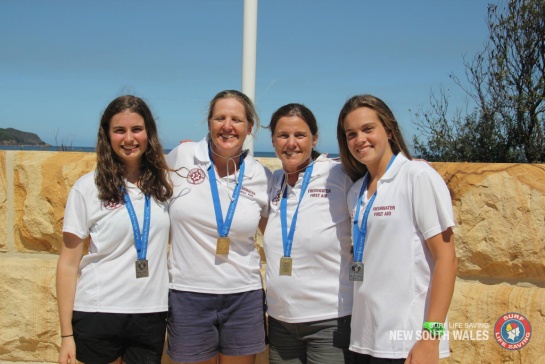
Lifesaving Competition at Freshwater
Historical
Club members have competed in all three components of the lifesaving competition over the past decade. It has seen a number of competitors enjoy considerable success. Ben Kirkby has won at Branch and State level and also managed a Bronze Medallion at the Australian Championships in 2008. Clare Freakley won the Open State Championship in 2015, came 2nd at the 2017 & 2018 Championships and the bronze medal in the 2015 Australian Championships. Andrea Malm also won the 2015 State championship in the U15 event and the bronze medal at the Australian championships the same year. She also won gold in the State U19 event in 2019.
The club has also had significant success in the First Aid event. Teams in First Aid Competition have won a number of medals at Branch level and achieved 1st place in thwe open Division at the 2016 & 2017 State Championships (Kelly Dobrow & Cheryl White), & 2018 & 2019 events (Julia Baker & Tahlia Dearden), 2nd place in the 2015 event (Tom Duffy & Sharon Johnson), 1st place in the U19 State event (Julia Baker & Tahila Dearden) and first place in the 2015 U17 State event (Emma Schooley & Emma Smith). At Australian level, gold medals were won in the 2013 Australian U15 event (Julia Baker & Isobel Barry), the 2015 U17 event (Julia Baker & Tahlia Dearden), the 2017 U19 event (Julia & Tahlia), and the 2017 Open event (Cheryl White & Kelly Dobow) & the 2019 event (ia Baker & Tahlia Dearden). Silver medals were also won in the 2015 U19s (Julia Baker & Tahlia Dearden), the 2018 Open event (Julia Baker & Tahlia Dearden) and a bronze in the U17s (Emma Schooley & Emma Smith). Julia Baker & Tahlia Dearden hold the distinction of winning Australian hold in the First Aid event for all age divisions from U15s to Opens.
In 2017 Cheryl White & Kelly Dobrow were also named Sydney Northern Beaches and NSW Surf Sports team of the year. Tahlia Dearden was named 2017 Sydney Northern Beaches Youth Athlete of the Year and Sharon Johnson was named 2017 Sydney Northern Beaches Coach of the Year for her results with the club’s first aid teams.
The club has fielded patrol teams in the past and has managed to pick up medals at both Branch and State level, with the U17 team winning the 2015 NSW Championship and coming 5th at the 2015 Australian Championships. In 2017 the club came 1st in the Open patrol competition at both the Branch and State championships and 5th at the Australian. The Open patrol team have won the State Championship for the past 2 seasons and also managed a 3rd at the 2018 Australian Championships.
Current
For the 2019-2020 season the club hopes to expand this area of competition. Anyone wishing to try out is more than welcome.
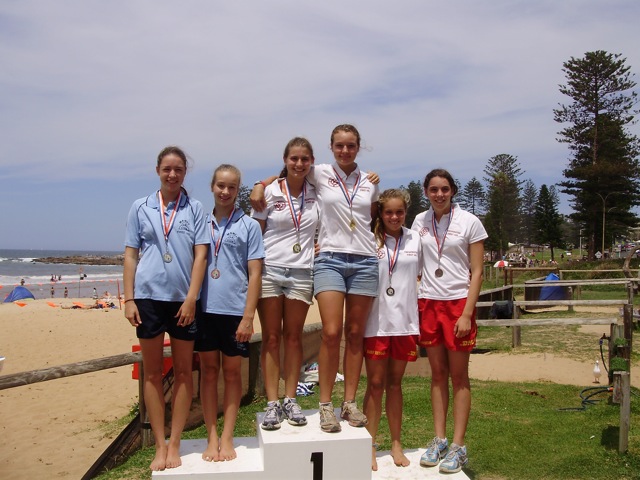
Fitness, training and competition
Fitness
To compete in the Champion Lifesaver & Patrol competition events you need to be of average to above average fitness to cope with the physical elements of the competition. You will need to be able to negotiate the surf both as a swimmer and a board paddler.
Training
Training requirements will vary, depending on which event you wish to undertake. Champion lifesaver and patrol competition will require practice of resuscitation drills on both a live patient and the manikin. Training will generally commence after Christmas and involve 1-2 sessions per week of approximately 1 hour. Patrol competition members will also need to practice various scenarios on the beach. These sessions will last about an hour and will be in addition to any resuscitation training.
First aid competitors will need to be familiar with SLSA first aid techniques and set aside time to practice various scenarios. A weekly session of approximately 1-1.5 hours per week would be the usual commitment.
As championship carnivals approach, there may be a need to increase the number of the practical training sessions. Members would need to also factor in any swimming or board training for those events which have a physical component. Members competing in champion lifesaver and patrol competition also need to set aside time to become familiar with the SLSA training manual in preparation for the theory component of those events.
Competition
Competition in lifesaving events is available at some local open and lifesaving specific carnivals as well as the Branch, State and Australian Championships.
Though the number of teams competing is generally small, the nature of the event means you can expect to be at the beach for a number of hours. At Branch championships, the theory papers are generally held on a separate day to the physical and scenario based events.
Branch and State Championships are open to all comers. To compete at the Australian Championships you need to come in the first two or three at State depending on the event.
If I compete in Lifesaving competition can I do other events?
For the most part there is no impediment to you competing in any other event at the carnivals. Lifesaving competition is not normally held at local open carnivals and at Championship events are generally held on separate days to other competition.
Contact
If you are interested in lifesaving competition or would like further information you should contact Lindsay Davis, Lifesaving Competition Captain at Lindsay.
Take part!
Our members enjoy access to a wide range of surf sports both for fun and for serious competition. Join today!


